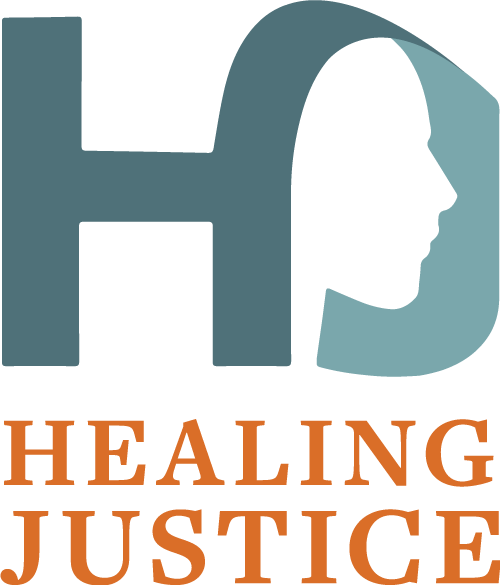Donor Spotlight: An Interview with Kelli Lesser
Our November spotlight features Kelli Lesser, a social worker and quality improvement professional from Virginia. She is a new Healing Justice donor with a passion for women's rights and behavioral health. In this interview, she talks with Kris Rose about how she learned about Healing Justice and why she chose to support our work.
Tell me more about your professional background.
I’m a recovering social worker (laughter). I was trained as a clinical social worker specializing in working with children and adolescents. Right after grad school I was hired to work in southern California, where I witnessed horrible failures of the system as a whole. There just weren’t enough beds or resources and services to meet the need. I didn’t leave social work because of the clients. I loved the kids and I remember each and every one of them.
Now I’m in quality improvement. We use national quality standards to rate and compare ourselves in terms of public health outcomes. Even though I left direct service, I stayed in the area of healthcare. My job is now very focused on numbers and metrics and improving behavioral health outcomes. I’m just taking a more macro perspective.
What are some of the issues you are most passionate about?
I tend to be most passionate about women’s issues and social justice issues. Obviously behavioral health. I view women’s rights as human rights. For example, women’s reproductive rights. I wouldn’t be where I am today without the freedom to control my own body and have the ability to choose. Many women and girls don’t get that choice. I chose to have a career and wanted to be completely independent.
How did you first learn about Healing Justice?
I reached out to the Mid-Atlantic Innocence Project to see about volunteering. When they learned I had a social work background, they sent me to Healing Justice. I wanted to get involved locally. So I went to Healing Justice’s website and I really liked what I saw. I liked the focus on behavioral health because it is often given short shrift. But that’s changing. I get excited when I see people working in behavioral health.
Do you have any suggestions or ideas for how Healing Justice can better communicate with its supporters?
Try harder to get the word out about Healing Justice because the work speaks out for itself. There are lots of avenues for spreading the word, like through the local news stations and local community organizations like Rotary Clubs. People want to know about the organizations operating in their communities. People want to help.
You recently made a large gift to Healing Justice - what inspired you to do that?
I’ve been involved in lots of nonprofits over the years, as a board member or volunteer. But I wasn’t in a position to be able to give financially. When the pandemic started, my work wasn’t impacted like others, I was doing okay, so I had the ability to make a financial contribution, I was able to give back. For me, it was something I could finally do. I liked that your headquarters was in my area and that you were committed to doing the work to resolve the racial injustice in our country, I wanted to do something. Why not do something that is restorative and can repair human lives? It’s a good thing.

